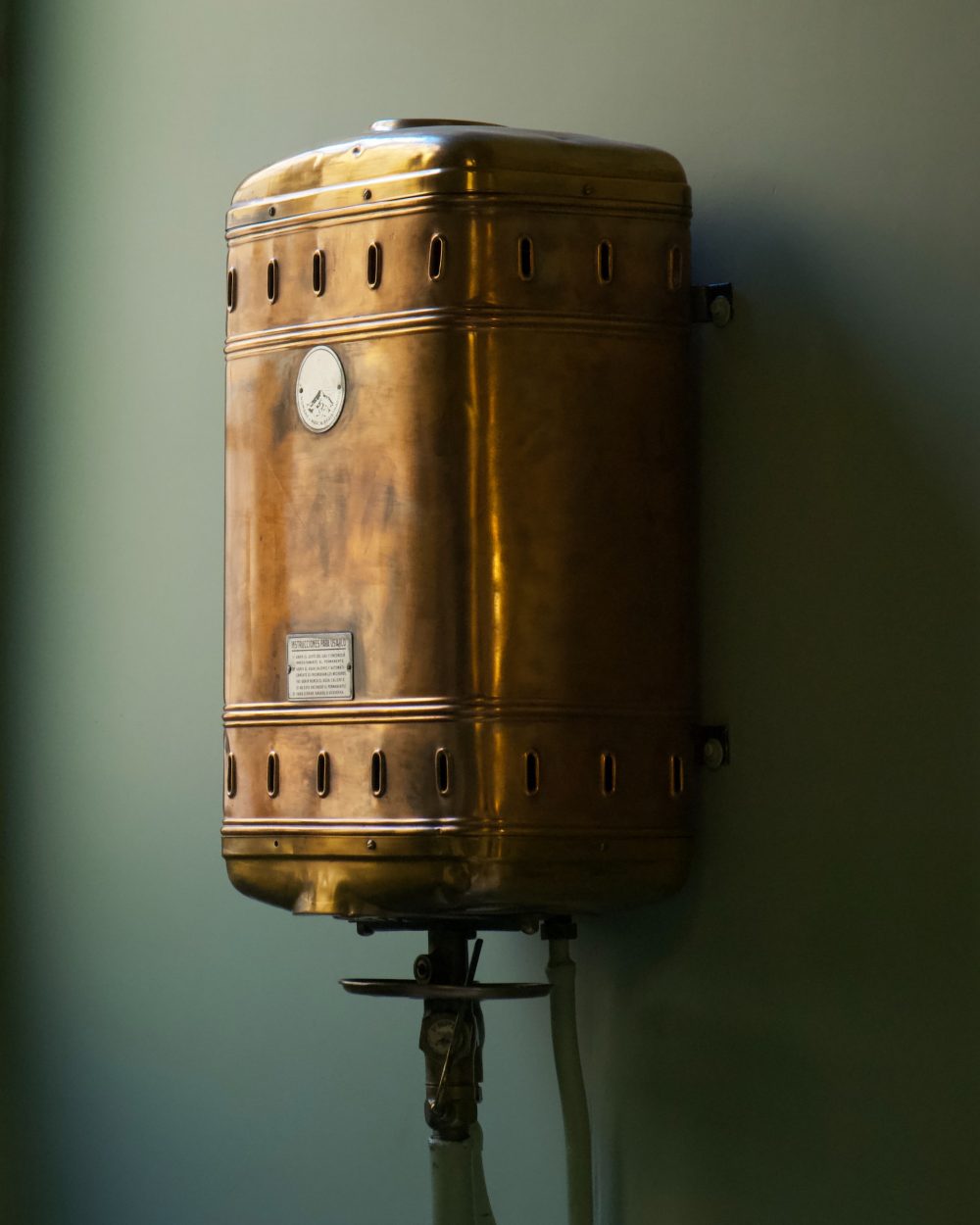Your home heating boiler has an average lifespan, just like other household appliances. Your boiler can reach an age when you think about upgrading or changing it. Most boilers that have been installed since the mid-1980s have more than 80% of efficiency.
However, its efficiency can degrade with continuous usage, similar to other appliances. Maybe you want to lower your fuel cost, or you want to enhance the productivity of your heating boiler. To choose the boiler that would satisfy your need, here are some things you should consider.

Efficiency
When choosing a boiler, you should consider it’s efficiency. About 60 percent of CO2 emissions accounted for by the boiler that you are using in your household through the use of central gas heating. So if you use a boiler that is not certainly efficient, it will cause your home heat to rise suddenly and degenerate a lot of energy.
Installing a new and high-performance A-rated condensing boiler in your home can save you more money every year, depending on the boiler prices. It would be best to choose a boiler with good heating performance since it is essential to frequently choose a room you want to heat. It won’t waste energy heating on the rooms that are not being used.
Choosing The Right Fuel Type
Along with your mindset about renewable energy sources, the types of fuel accessible for your location would also significantly affect your preference for a boiler and heating system. As one of the most common types of fuel being used in US houses – the main fuel source for domestic boiler systems is natural gas. Natural gas is known to be just the cleanest type of fuel you could use when thinking of non-renewable sources of energy.
Oil has been the second-best alternate solution fuel you could use for residential boiler systems if your property is not associated with a gas network. Make an environmental improvement and highly recommend using biomass and other renewable energy sources if your household does not have an issue with storage capacity.
Choosing The Right Type Of Boiler
Available Space
The amount of storage you have available in your house is an important consideration in determining the type of boiler you prefer. Combi-boilers tend to be used for properties with little storage capacity since they do not take large space to operate. If you consider upgrading your current boiler to a bigger version, make sure there is enough space to put the bigger boiler on your property.
Existing System
Regardless if you want to keep the old system that still works or want to upgrade to another system is another important aspect to think about. It’s better to retain and upgrade your existing boiler system from the viewpoint of practicality and cost in most situations.
Types Of Boilers
There are three major types of domestic boilers available: system boilers, combi-boilers, and conventional boilers. In order to produce hot water for your household, conventional boilers used the storage tank, which stores loads of water. You would have to wait for this to be replenished until the stored hot water runs out before using it again.
Combi-boilers or combination boilers operate directly from the mains by supplying on-demand hot water without being connected to a storage tank. All the combi boiler parts are contained in one unit, and separate hot water tanks are not needed, making them suitable for homes with limited space.
System boilers are an excellent choice for a property with far more than one bathroom by providing hot water directly to the radiators using a hot water storage cylinder. System boilers are also suitable for properties that demand much more hot water than could be supplied by a standard combination boiler.
Life Expectancy
Usually, the cast iron boiler has a life expectancy of 30 years or more. High performance condensing and modulating and the boiler have a life expectancy of half of its time approximately. For a high-efficiency boiler, it is an important factor in deciding what your investment return would be.
Requirements for Venting
Take a look at the venting specific requirements for a boiler and check if you can meet them is important. If a boiler has nowhere to be vented, so it would not be very worthy. Some of the boilers vent through its chimney, and other boilers need to force any used air using the vent in the wall. It would be best if you choose the boiler that works perfectly in your home.
Takeaway
Purchasing a new boiler is a major investment and a major expense for your home. Like any other investment, there are benefits that you can get with high efficiency and standards boilers. Make a wise choice, don’t make it an emotional decision. It might be best to note your goals and reason for purchasing to determine the best product that would meet your goals.

